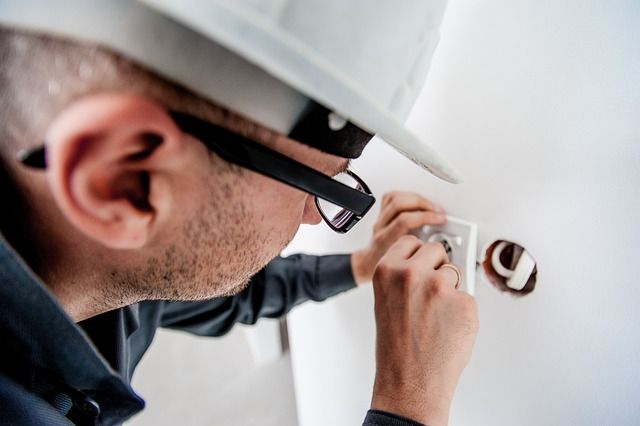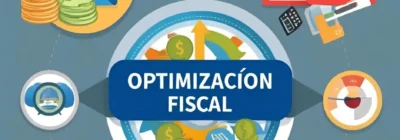The keys to the Income Tax Return for self-employed workers
Patrick Gordinne Perez2023-10-24T01:11:27+00:00Once again this year, the date is approaching for the submission of the Income Tax in Spain for self-employed, self-employed workers must submit their tax data to update their payments, here is a basic guide, so that you can include all the necessary data in your Return.
When does the income tax campaign start in Spain?
The exact day depends on each year, but it usually starts during the first half of April and ends on the last day of June for people who wish to file their tax return online.
The period for returns made by telephone starts at the beginning of May, while face-to-face returns are normally made during the month of June.
It is important to remember that the self-employed who wish to make their tax return in person in the Spanish tax office should make an appointment online or by calling the following free telephone numbers:
- 901 12 12 24
- 901 22 33 44
Who has to file the Income Tax Return for the Self-Employed?
Before analysing how to make the income tax return for the self-employed, it is important to determine the conditions established by the Inland Revenue.
In principle, all self-employed persons must file this tax return, unless they have earned less than €1,000 during the tax year. If you have not reached this figure, you are exempt from filing your tax return as a self-employed person.
IMPORTANT,
Nevertheless the above, according to Royal Decree 13-2022 of 2022/07/27 first final provision, all those individuals who at any time during the tax period have been registered, as self-employed workers, in the Special Scheme for Self-Employed or Self-Employed Workers, or in the Special Social Security Scheme for Sea Workers, will in any case be obliged to file a tax return”.
In other words, from 2023 onwards, all self-employed workers will have to file a tax return.
Common expenses that you can include in your Self-Employment Declaration
- Self-employed contributions: Self-employed contributions are deductible, so don’t forget to include them in your annual income tax return.
- Employees: If you are self-employed and have employees, you can include both payroll and Social Security.
- Telephone: Your business telephone bills are also deductible.
- Consultancy services: All expenses arising from your consultancy or financial advisor can be included in the Self-Employed Tax Return.
- Legal advice: Legal advice services are also deductible for the self-employed.
- Digital tools: All the online tools and computer software you need to develop your activity are tax deductible, as well as the costs of your corporate website.
- Advertising and work material: You can also include the material you use in your work and the marketing and advertising expenses you invest in.
- Insurance: If you pay for civil liability and other insurances, don’t forget to deduct them.
- Professional associations: The fees you pay to your professional association can also be deducted.
- Events and training: If you attend paid events or training to improve your professional skills, these expenses can be included in your tax return.
Do you want to know more of deductible expenses? Go to our post How to know if an expense is deductible
Expenses that you can partially include in your tax return
There are partially deductible expenses, the most common of which are supplies, travel allowances and transport costs.
In the case of allowances and travel, it is compulsory to submit an invoice and expenses exceeding €26.67 per person per day in Spain and €48.08 in foreign countries cannot be deducted.
With regard to transport, only self-employed people who carry out tasks related to their own transport can deduct expenses for repairs, fuel, maintenance, etc.
Finally, utilities such as water and electricity are deductible at a rate of 30%.
It is important to be aware of the restrictions applied by the Tax Agency when it comes to deducting certain expenses in the case of the self-employed. Many self-employed people do not include this type of deduction due to lack of knowledge, or for fear of committing fraud, however, this type of expense can represent an important economic reinforcement when it comes to making your tax return.
The 3 basic models for filing your tax return
The tax return for the self-employed is based on three forms whose relationship results in the final payment.
- Form 130: In this section you include your quarterly earnings and expenses.
- Form 111: In this case you indicate the quarterly advance based on the withholdings established in each invoice.
Form 100: This is the Annual Declaration, i.e. the global computation and the relationship between income and expenses for each tax year.
Once these three forms have been evaluated, the Inland Revenue will make a calculation that will result in a payment if the advances are less than the final amount, or a refund if you have advanced more money than you are entitled to.
Your Income Tax Return for the self-employed step by step with Asesoría Orihuela Costa
At Asesoría Orihuela Costa we offer you the best tax service for the self-employed. Our team evaluates your expenses and income, to assess all deductible payments that you can include based on your professional activity.
Remember that financial services are deductible for the self-employed, so not only will you be optimising your income tax return, but you will also be able to reduce the cost by including our services as a deductible expense.
If you want to know everything we can do for your business, contact Orihuela Costa consultancy now and get the financial services you need to make your tax return.




